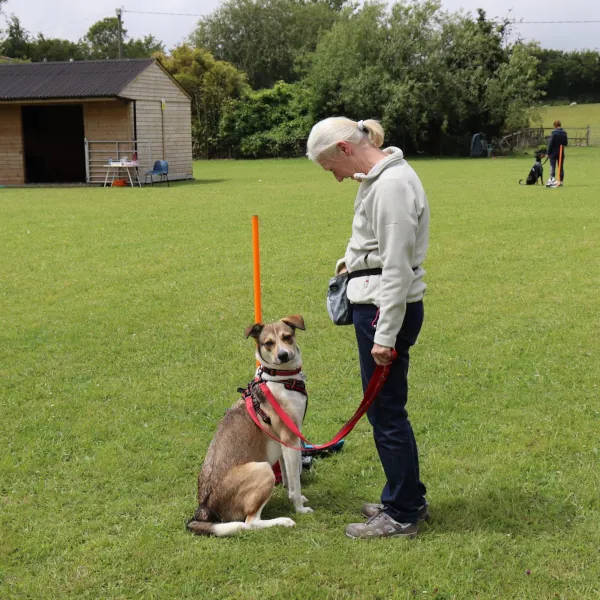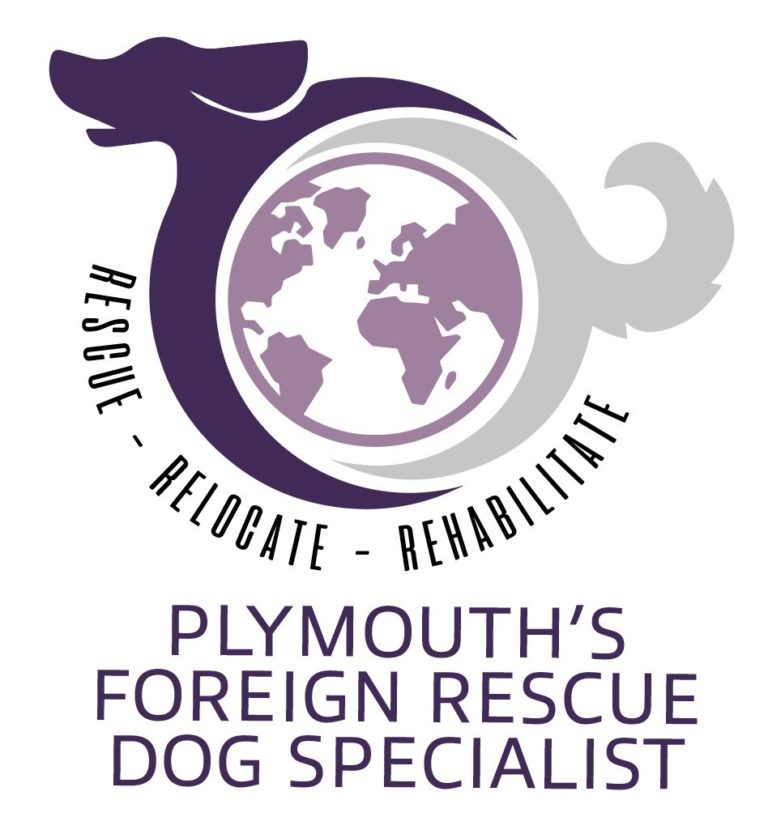Adopting a dog from abroad is something that many families are doing now. However it can be a hard time for your new family member and many owners wanting to get things right from the start. I often get asked for my help in making sure they can help make the transition as easy and stress free as possible.
I have added my top tips below which I would recommend to all new families of rescue dogs abroad regardless of where they have got their new family members from or what sort of background they have had so far.
1. Give the dog plenty of time and space to adjust
It’s important to remember that your rescue dog has likely gone through a lot of transitions, and adjusting to a new home and family can be stressful. Give your dog time to get used to their new surroundings, and don’t force too much interaction or playtime right away. Provide a safe and comfortable space for your dog to retreat to if they feel overwhelmed. I often recommend setting up somewhere that is away from busy traffic areas in the house. This is so the dog can really feel safe. If your dog chooses somewhere else then you can always move their bedding and other comforts to that area.
Let them explore their new home at their own pace and avoid overwhelming them with lots of attention or visitors.
2. Establish a routine
Dogs thrive on routine, so establish a regular schedule for feeding, exercise, and rest. This will help your new dog feel more secure in their new environment. I always say to make sure you are all on the same page when it comes to areas where your new dog is allowed for example are they allowed on the sofa or upstairs? Agree on boundaries and stick to them from day one. This will make life easier for you all.
3. Show patience and kindness
Your new dog may be nervous or scared of their new surroundings, so it’s important to show patience and kindness as they adjust. Avoid punishing or scolding them for mistakes, and instead reward positive behaviours with treats and praise. Give them more opportunities to make the right choices, for example toilet breaks more frequently and making sure management is in place where things are kept up out of the way or doors shut to areas where your dog is not allowed to go.
4. Socialise gradually
If your new dog is not used to other animals or people, it’s important to socialise them slowly and under controlled circumstances. Gradually introduce them to new environments and people, and don’t force them into situations that make them uncomfortable. I would avoid introducing them to new people or animals for at least the first week. Exploring the outside world before they have had time to adjust to their new home and family can make things more difficult for them, so do not be in a rush to take them out for walks.
If you live with other pets then be sure to have barriers in the home such as puppy pens and baby gates so that introductions can be done safely and gradually.
5. Safety
You will be surprised how easily a scared dog can escape. Do not just assume your back garden is secure enough. To start off with I would recommend keeping your rescue dog on a lead when in the garden. Also be sure to have extra barriers up for example baby gates preventing direct access to the front door, keeping bottom windows closed and if you do need to take your dog out of the house, be sure to have correct fitting walking equipment. You can also double lead them just in case.
This also applies for when you collect your new family member from the rescue. Get them into the car straight away and make sure they are safely secured and keep their lead on them for when you get back home.
6. Seek professional help if needed
If your new rescue dog is showing signs of anxiety or aggression, seek the help of a professional dog trainer or behaviourist. They can provide personalised advice and training to help your new rescue dog settle into their new home. Please make sure you find a qualified professional that only uses force free methods and has experience with working with rescue dogs from abroad.
If you would like further help then please get in touch, we offer support in person and online offering a range of packages suitable for everyone.
You can also join our online membership The Foreign Rescue Dog Inner Circle where we have monthly masterclasses covering a new subject each month, fortnightly live Q&A sessions and access to our private group where you will be surrounded by like minded owners where you can ask questions and share tips.
Here is the link to sign up https://mailchi.mp/e331cdfe1b92/foreign-rescue-dog-inner-circle


